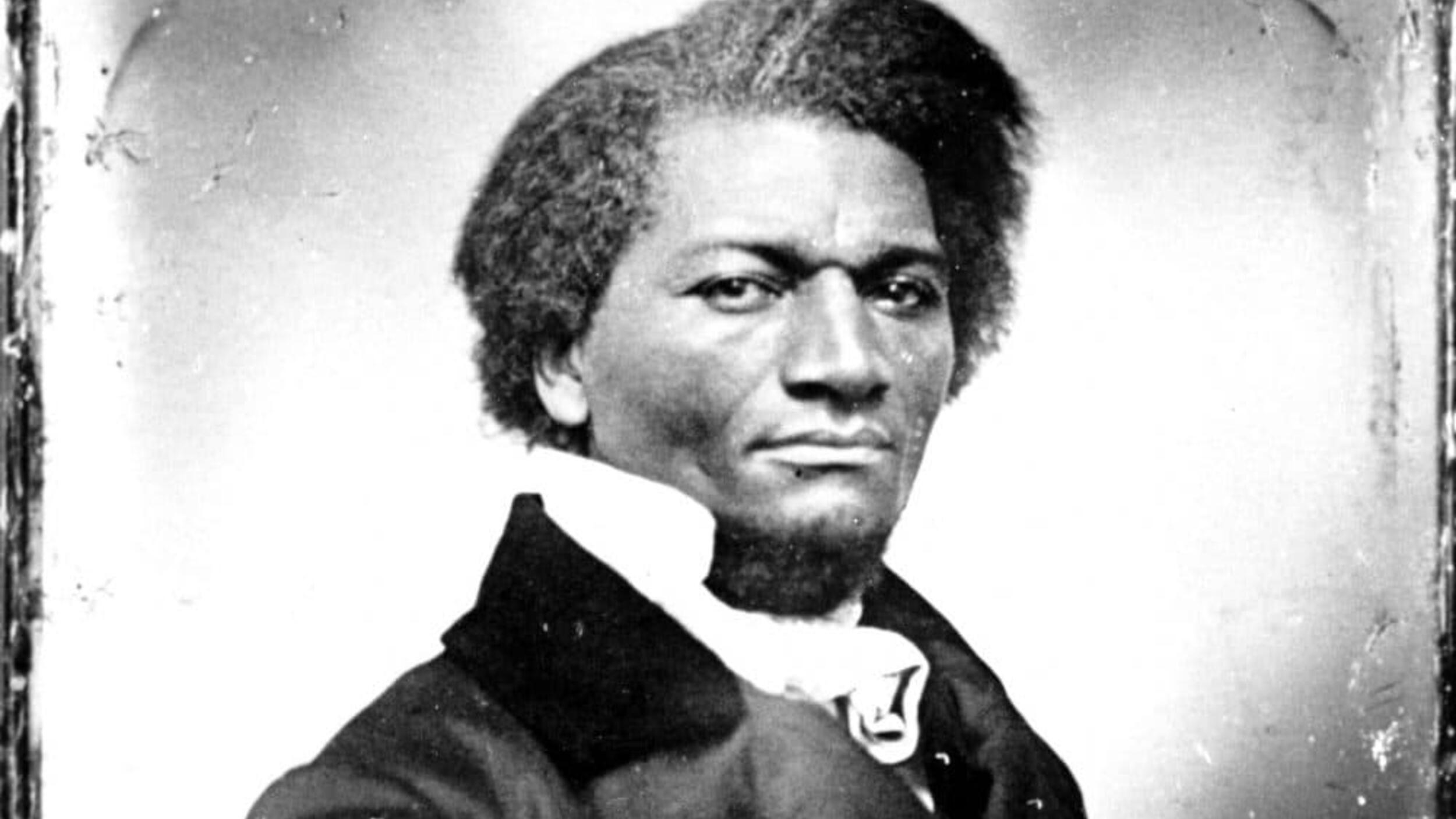Frederick Douglass Scholars
Fellowship & Symposium Opportunity for Students
Want leadership and public speaking experience participating in a symposium with scholars from outside the college?
Looking to meet other curious and interested students?
Want to explore history, literature, politics, and philosophy with faculty and students from majors and disciplines across the college?
Interested in having wide-ranging interdisciplinary conversations?
Apply to be a 2026 Frederick Douglass Scholar!
Deadline: November 7th, 2025
Douglass Scholars will participate in a semester-long program inspired by the life and leadership of Frederick Douglass. As part of the program, students will
- Meet thoughtful and interested peers in an open environment for asking questions, taking ideas seriously, and thinking about what you believe in.
- Take part in an interdisciplinary reading and discussion group with students and faculty from all across the college. Readings will be selected by faculty to reflect Douglass' own profound interests in literature, history, philosophy, politics and more. The group will meet 3-4 times in the Spring semester, and all materials will be provided free of charge.
- Take part in a public, campus-wide symposium with scholars from outside the college. Douglass Scholars will work together to prepare comments and questions for the symposium's speakers in advance, and they will moderate the conversation with the scholars and the audience that follows.
- Receive a small stipend award for their participation.
Interested in the program? Apply here!
Application Deadline: November 7th, 2025
Applicants should also ask one Geneseo faculty member to fill out a brief recommendation form.
Recommendation Deadline: November 14th, 2025
Contact Dr. Carly Herold at heroldc@geneseo.edu with any questions.
Frederick Douglass was born into slavery in 1817 or 1818, and taught himself to read while in bondage at enormous risk to his own life. After escaping slavery, he became one of the nation's most important and influential moral and political leaders and orators in the cause of abolition, as well as the writer of several autobiographical works and essays. Douglass famously described the transformative role that the reflection on human nature—made possible by his self-taught literacy—played in his own liberation. This reflection, he writes, roused his soul “to wakefulness” while he was still in bondage. He is most well-known today for his speech What to the Slave is the Fourth of July (delivered in Rochester, NY), and is one of the modern world's most profound thinkers on the meaning of freedom.
The Frederick Douglass Scholars Program is made possible by a grant from the Jack Miller Center.
